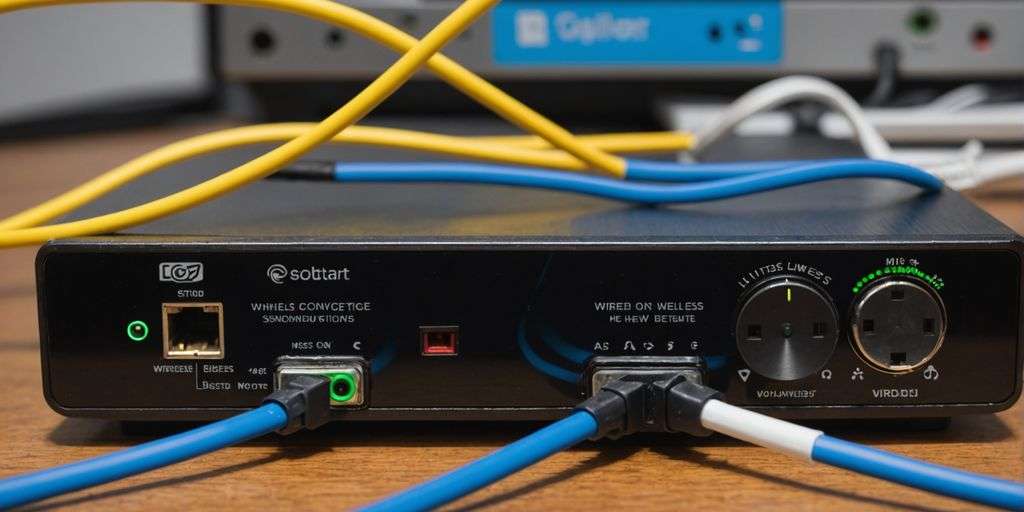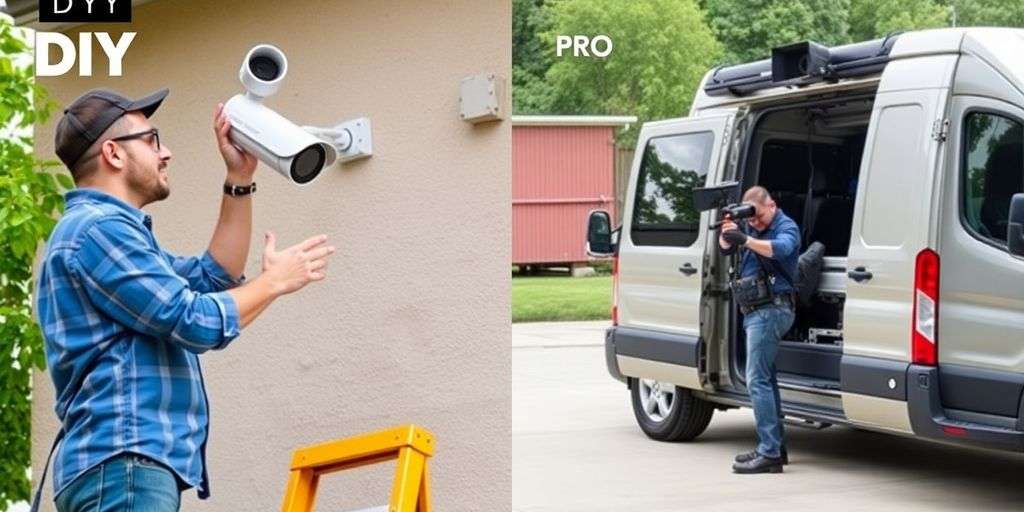The Speed and Stability Showdown

Wired Connections: The Autobahn of Internet
Wired connections are like the Autobahn, known for its limitless speed zones. They offer a direct and uninterrupted pathway for high-speed internet. This means you get consistent speeds without the worry of interference or network congestion. Imagine having a master key that can unlock any barrier—this is what a wired connection feels like.
Wireless Connections: The Freedom of Mobility
Wireless connections provide the freedom to move around without being tethered by cables. This flexibility is ideal for homes and offices where mobility is crucial. However, as more devices connect to the network, the quality of the connection can degrade, much like a crowded concert venue.
Real-World Speed Tests
When it comes to speed, wired connections generally outperform wireless ones. In a specific test, Wi-Fi connections averaged around 126 Mbps, while wired Ethernet connections surged ahead with speeds close to 395 Mbps. That’s more than triple the speed!
| Connection Type | Average Speed (Mbps) |
|---|---|
| Wi-Fi | 126 |
| Ethernet | 395 |
Latency: The Gamer’s Nemesis
Latency is a critical factor, especially for gamers. A wired connection offers reduced latency, ensuring timely and effective online interactions. In contrast, wireless connections can suffer from higher latency, which can be a gamer’s worst enemy. A swift Round Trip Time (RTT) translates into faster data transit, making your online experience smoother and more enjoyable.
For gamers, every millisecond counts. A wired connection can be the difference between victory and defeat.
Security and Reliability
The Fortress of Wired Networks
Wired networks are often seen as the gold standard for security. Physical connections make it harder for unauthorised users to access the network. This means fewer chances for hackers to intercept data. Additionally, wired networks are less prone to interference, ensuring a stable and secure connection.
Wireless Vulnerabilities
Wireless networks, while convenient, come with their own set of challenges. The airwaves can be a playground for hackers. Without proper encryption, data can be easily intercepted. It’s crucial to use strong passwords and updated security protocols to safeguard your wireless network.
Interference and Consistency
Interference is a common issue with wireless networks. Devices like microwaves and cordless phones can disrupt the signal. This can lead to inconsistent connections and potential security risks. On the other hand, wired networks are immune to such interference, providing a more consistent and reliable connection.
Choosing the Right Setup for Your Needs
When deciding between wired and wireless, consider your specific needs. If security and reliability are your top priorities, a wired connection might be the best choice. However, if convenience and flexibility are more important, a wireless setup could be ideal. Weigh the pros and cons to make an informed decision.
Convenience and Flexibility
Wireless Freedom in the Home
Wireless connections offer unmatched convenience, transforming how we access the internet. Imagine connecting from any spot in your home without dealing with long, tangled cables. This is the ease and versatility that wireless networks bring. They allow you to move freely, whether you’re in the living room, kitchen, or even the garden.
Office Efficiency with Wireless Networks
In the workplace, wireless networks revolutionise efficiency. Picture conducting business with network access in various locations, such as a conference room, break area, or even the rooftop. This flexibility promotes collaboration and boosts job satisfaction, as employees can work from their preferred spots.
Device Compatibility
In today’s world, device compatibility is crucial. Wireless networks excel in this area, connecting a wide range of devices like:
- Laptops
- Smartphones
- Smart refrigerators
- Doorbells
Modern devices come with built-in wireless capabilities, making it easy to connect without extra hardware or software. It’s like having a master key that unlocks seamless connectivity.
Balancing Convenience and Performance
While wireless networks offer great convenience, it’s essential to balance this with performance needs. For activities requiring high speed and low latency, like gaming or streaming, a wired connection might still be preferable. However, for everyday tasks and mobility, wireless is the way to go.
The key to choosing between wired and wireless connections lies in understanding your specific needs and finding the right balance between convenience and performance.
Specialised Use Cases
Gaming: Wired for Victory
For gamers, a stable and fast connection is crucial. Wired connections often provide the low latency and high reliability needed for competitive gaming. This ensures that every move is registered in real-time, giving players a significant edge.
Streaming and Media Consumption
When it comes to streaming movies or music, a wireless connection offers the flexibility to enjoy content anywhere in the home. However, for ultra-high-definition streaming, a wired connection can prevent buffering and provide a smoother experience.
Office Productivity
In a professional setting, both wired and wireless connections have their place. Wired connections can offer the stability needed for tasks like video conferencing and large file transfers. On the other hand, wireless networks provide the convenience of mobility, allowing employees to work from different locations within the office.
Smart Home Integration
Smart homes rely heavily on wireless connections to link various devices, from lights to security systems. While wireless offers ease of installation and flexibility, a wired backbone can enhance the reliability and speed of the network, ensuring all devices function seamlessly.
Choosing between wired and wireless connections often depends on the specific needs and priorities of the user. Each has its own set of advantages that can be leveraged for different applications.
Conclusion
In the end, the choice between wired and wireless connections boils down to what you need most. Wired connections offer unmatched speed and reliability, making them perfect for gaming and streaming high-definition content without interruptions. On the other hand, wireless connections provide the freedom to move around and connect multiple devices effortlessly, which is ideal for everyday browsing and mobile use. Both have their strengths and weaknesses, so consider your specific needs and pick the one that fits best. Whether you choose the steadfast wired route or the flexible wireless path, staying connected has never been easier.
Frequently Asked Questions
Which is faster, wired or wireless internet?
Wired internet is generally faster than wireless. Wired connections can reach speeds up to 395 Mbps, while wireless averages around 126 Mbps.
Is a wired connection better for gaming?
Yes, a wired connection is better for gaming. It offers lower latency and more stable speeds, which are crucial for an optimal gaming experience.
Can I use both wired and wireless connections at the same time?
Yes, you can use both wired and wireless connections simultaneously. This setup can provide the stability of a wired connection for stationary devices and the flexibility of wireless for mobile devices.





